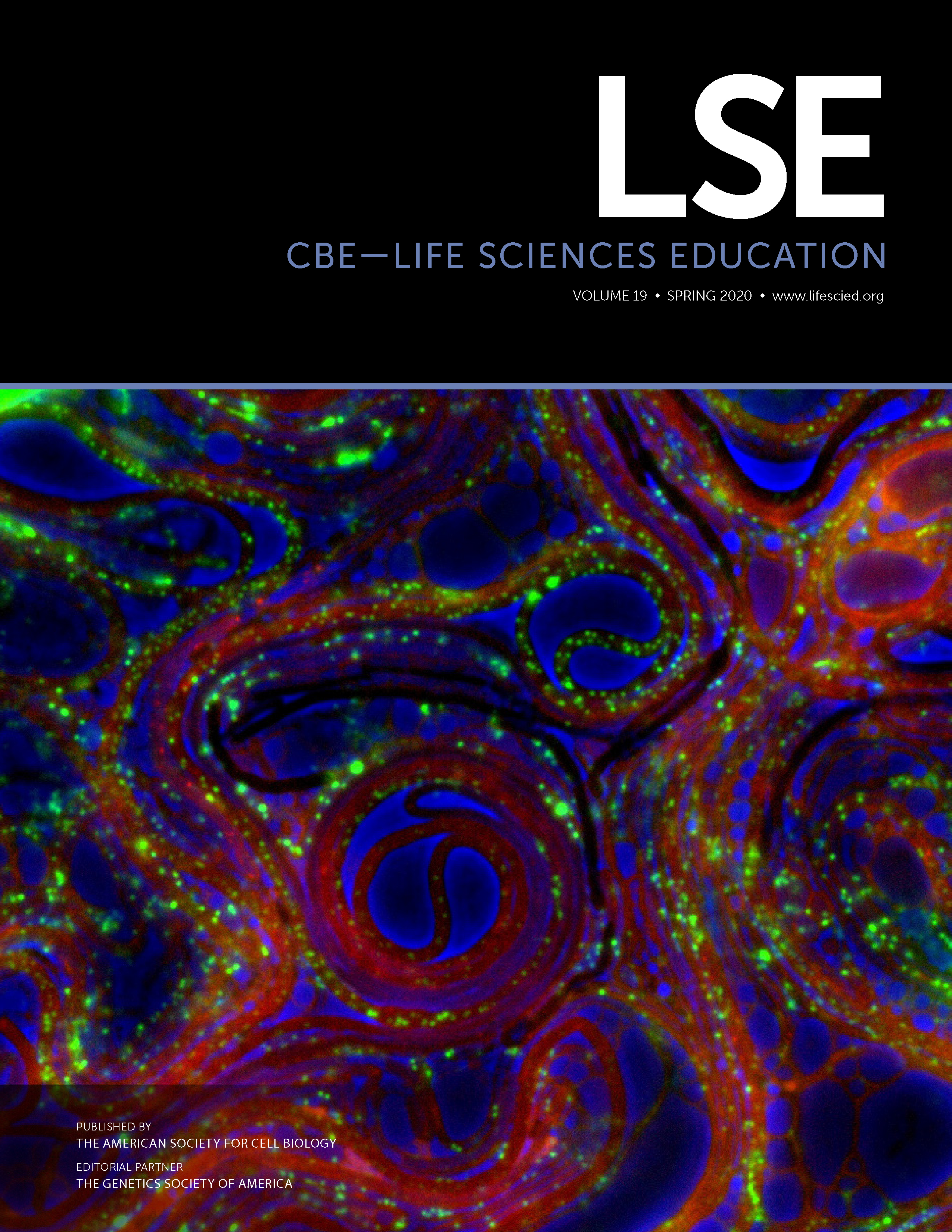Peer Leader Reflections on Promoting Discussion in Peer Group-Learning Sessions: Reflective and Practiced Advice through Collaborative Annual Peer-Advice Books
Abstract
As research has shown, collaborative peer learning is effective for improving student learning. Peer-led team learning (PLTL) is one well-known collaborative-group approach in which groups are facilitated by trained undergraduate peer leaders. This paper contributes to the literature on peer-leader training by examining how peer leaders for a large introductory science course translate their training into practice during their sessions. By conducting qualitative analysis on annual advice books written by emergent peer leaders, we examined the practiced advice and strategies of these peer leaders as they facilitate PLTL groups in a university-level general chemistry course. These advice books are passed on to future peer instructors, creating a community of practice between new and more experienced peer leaders. From the analysis, we discovered that peer leaders focus on developing robust student–student discussion during complex problem solving by 1) creating a community-oriented social and intellectual environment, 2) adapting their tactics and the collaborative-learning strategies to balance different personalities and promote equal participation among all students, and 3) modifying collaborative group approaches when facilitating their sessions. Also, in their correspondence across cohorts, peer leaders provided near-peer support to one another. These annual books disseminate practiced advice between peer-leader generations and are used during new peer-leader training.



